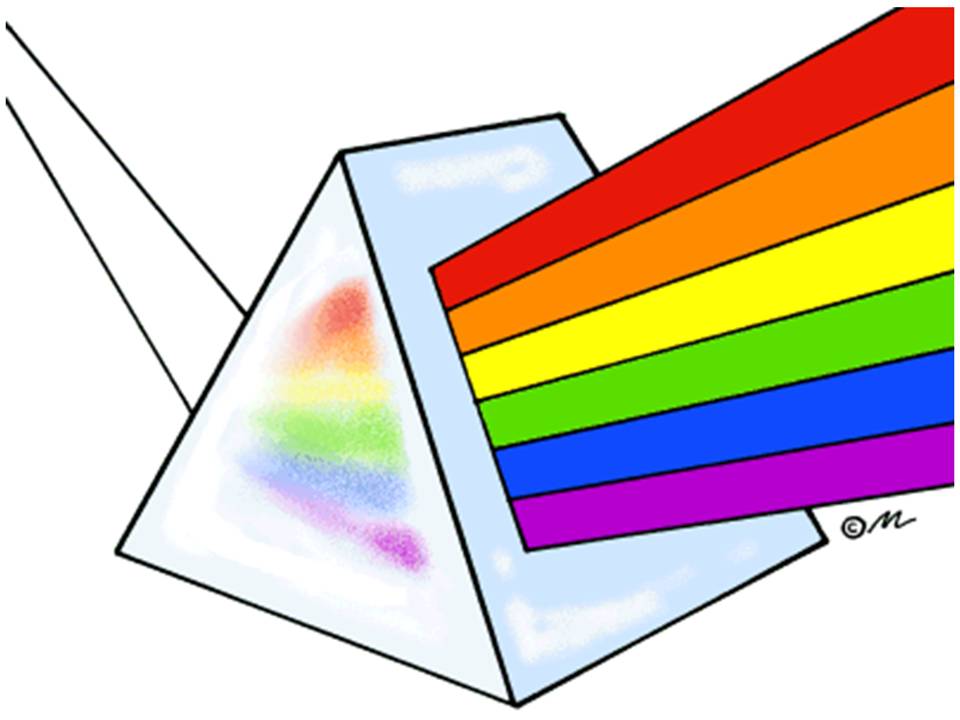While staying with our son, daughter-in-law and grandkids this past August, we were able to see many of our national shrines and memorials in Washington DC and the surrounding area. We were blessed to be able to visit the giant obelisk monument to the Father of our Country, George Washington, at the National Mall area. We also visited Mount Vernon, George Washington’s beloved home in Alexandria VA, of which he famously said, “I’d rather be at Mount Vernon with a friend or two about me, than to be attended at the Seat of Government by the Officers of State and the Representatives of every Power in Europe.” We were also able to see the Jefferson Memorial, the Lincoln Memorial, the Capitol Building, the Supreme Court, the Smithsonian Museum of American History (which displays the actual Star-Spangled Banner of our national anthem), and the Smithsonian Museum of Air & Space. In addition, we visited the US Naval Academy and harbor area of Annapolis MD, and we saw Fort McHenry (of Star-Spangled banner fame) in Baltimore.
As we traveled around these amazing historical sites, one thing I took note of was the fact that our national founding (although imperfect) was deeply rooted in biblical faith. However, our Founders made sure that our establishment was nonsectarian. While they repeatedly appealed to God in our founding documents (speaking of our “Creator” and our “Lord”), and while they regularly addressed God in our founding traditions (Congressional prayer, oaths of office, and so on), they also made sure that there would be no establishment of a state-run religious denomination. Therefore, I observed during our trip a clear Judeo-Christian rootedness on display at all of our national shrines and memorials, but this was accompanied by a clear interdenominational, nonsectarian and ecumenical emphasis according to the clear direction of our Founders.
By the way, the word “ecumenical” (oikoumene in Greek) literally means “the whole inhabitable earth” — but it refers to the concept that the entire Christian Church of all its various denominations should work together to develop closer relationships and to promote Christian unity according to the biblical High Priestly Prayer of Jesus in John, chapter 17, verses 20-26.
So all of this stuff got me thinking about our ecumenical relations right here where we live as Mt. Olive Lutheran Church. I think of Via De Cristo (VDC), the spiritual retreat ministry our congregation participates in. While it’s mostly a retreat ministry involving Lutherans, rooted in the covenantal and sacramental theology of the Lutheran branch of Christianity, VDC also draws in people from many different denominations of our Lord’s Holy Church. I also think about the Lift Up Crescenta Valley ecumenical association we are a part of, as well as all the various ecumenical partnerships we support like the Bailey Human Care Center.

Like the ark of the Prophet Noah and the fishing boat of the Apostle Peter, all the denominations of the Christian Faith constitute the holy life raft for all believers and followers of Jesus Christ in a world deluged with the floodwaters of hopelessness and spiritual death. In fact, the Christian ecumenical movement is often symbolized by a boat, representing that all the people of all the denominations of the Church of Jesus Christ are in the same spiritual boat together.
So essentially, the various branches of the Christian Church are UNITED IN THE ESSENTIALS of our Christian Faith: 1) Jesus of Nazareth was and is more than a man, even much more than a prophet or priest or king, 2) Jesus is the only-begotten divine Son of God, 3) Jesus freely gave of himself in sacrificial love to be the once-and-for-all-time offering of atonement for our sins, 4) Jesus was crucified, was dead, was buried, then he rose from the grave and ascended into heaven, 5) Jesus is our Lord and Savior, 6) We proclaim the forgiveness of sins and everlasting life by the blood of Jesus, and 7) We do good works of lovingkindness and service in the name of Jesus. However, we also have DIVERSITY IN THE NON-ESSENTIALS of our Christian Life: that is, diversity of denominational practices related to sacraments, ordination, worship, piety, organizational structures, etc.
Therefore, as the various branches of the Christian Church have diversity in the non-essentials but unity in the essentials, we should also have CHARITY IN ALL THINGS. We can have a joyful and charitable spirit with one another as we agree to disagree regarding the non-essentials, because we share together in the all-surpassing seven Christian essentials I listed above.
“I have given them the glory that you gave me, that they may be one as we are one — I in them and you in me — so that they may be brought to complete unity. Then the world will know that you sent me and have loved them even as you have loved me.” (John 17:22-23)
Together in Christ, Pastor Tim

